In the world of dried fruits, jujube dates and Medjool dates reign supreme as two of the most sought-after varieties. These sweet and nutritious treats are beloved for their rich flavors and health benefits, making them popular choices for snacking, baking, and cooking. But when it comes to jujube dates vs Medjool, which one comes out on top? Let’s delve into the differences between these two delectable fruits to help you make an informed choice for your next culinary adventure. Jujube dates, also known as red dates or Chinese dates, have been consumed for centuries and are a staple in Asian cuisines. These small, round fruits are harvested from the jujube tree, which is native to China but now also grows in other parts of Asia, Europe, and America.
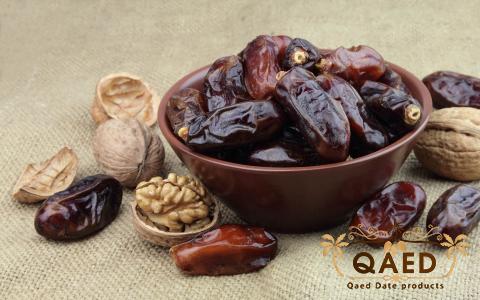
.
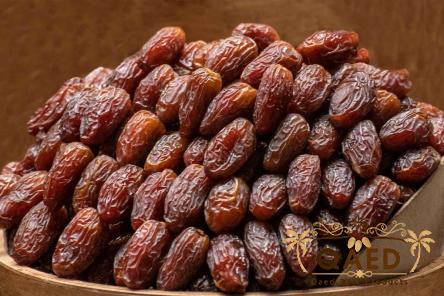 Jujube dates have a sweet and slightly tangy flavor, with a chewy texture that makes them perfect for snacking or adding to desserts. On the other hand, Medjool dates are a larger and plumper variety of dates that are native to the Middle East, particularly Morocco. Known for their dark brown color and soft, velvety texture, Medjool dates are often referred to as the “king of dates” due to their rich, caramel-like taste and high sugar content. These dates are prized for their large size and are commonly used in baking, smoothies, and energy bars. When it comes to nutritional benefits, both jujube dates and Medjool dates offer a range of vitamins, minerals, and antioxidants that make them a healthy choice for snacking. Jujube dates are high in vitamin C, fiber, and antioxidants, which can help boost immunity, aid digestion, and protect against free radicals. They are also a good source of B vitamins and minerals like potassium and iron. Medjool dates, on the other hand, are packed with energy-boosting carbohydrates, fiber, and essential minerals like potassium, magnesium, and copper. These dates are a great natural sweetener and provide a quick source of energy, making them ideal for pre- or post-workout snacks. The high fiber content in Medjool dates also supports digestive health and can help regulate blood sugar levels. In terms of taste and texture, jujube dates and Medjool dates offer distinct profiles that cater to different preferences. Jujube dates have a crisp, apple-like crunch when fresh and a chewy, sticky texture when dried. Their flavor is sweet with a hint of tartness, making them a versatile ingredient for both sweet and savory dishes. On the other hand, Medjool dates have a soft and luscious texture that melts in your mouth, with a rich, caramel-like sweetness that pairs well with nuts, chocolate, and spices. When it comes to culinary uses, both jujube dates and Medjool dates can be incorporated into a wide range of dishes to add natural sweetness and flavor. Jujube dates are often used in Chinese and Korean cuisine to make teas, soups, and desserts, as well as in stuffing for savory dishes like poultry or rice.
Jujube dates have a sweet and slightly tangy flavor, with a chewy texture that makes them perfect for snacking or adding to desserts. On the other hand, Medjool dates are a larger and plumper variety of dates that are native to the Middle East, particularly Morocco. Known for their dark brown color and soft, velvety texture, Medjool dates are often referred to as the “king of dates” due to their rich, caramel-like taste and high sugar content. These dates are prized for their large size and are commonly used in baking, smoothies, and energy bars. When it comes to nutritional benefits, both jujube dates and Medjool dates offer a range of vitamins, minerals, and antioxidants that make them a healthy choice for snacking. Jujube dates are high in vitamin C, fiber, and antioxidants, which can help boost immunity, aid digestion, and protect against free radicals. They are also a good source of B vitamins and minerals like potassium and iron. Medjool dates, on the other hand, are packed with energy-boosting carbohydrates, fiber, and essential minerals like potassium, magnesium, and copper. These dates are a great natural sweetener and provide a quick source of energy, making them ideal for pre- or post-workout snacks. The high fiber content in Medjool dates also supports digestive health and can help regulate blood sugar levels. In terms of taste and texture, jujube dates and Medjool dates offer distinct profiles that cater to different preferences. Jujube dates have a crisp, apple-like crunch when fresh and a chewy, sticky texture when dried. Their flavor is sweet with a hint of tartness, making them a versatile ingredient for both sweet and savory dishes. On the other hand, Medjool dates have a soft and luscious texture that melts in your mouth, with a rich, caramel-like sweetness that pairs well with nuts, chocolate, and spices. When it comes to culinary uses, both jujube dates and Medjool dates can be incorporated into a wide range of dishes to add natural sweetness and flavor. Jujube dates are often used in Chinese and Korean cuisine to make teas, soups, and desserts, as well as in stuffing for savory dishes like poultry or rice.
..
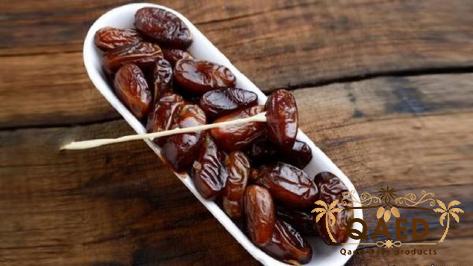 Their tangy flavor complements meats and vegetables, while their chewy texture adds a delightful contrast to crunchy nuts or seeds. Medjool dates, on the other hand, are a favorite ingredient in Western desserts like energy balls, bars, and cookies, where their soft texture and sweet taste shine. They can also be stuffed with cheese or nuts for a quick appetizer or blended into smoothies or sauces for added sweetness and creaminess. Medjool dates are a versatile pantry staple that can elevate both sweet and savory recipes with their natural sweetness and depth of flavor. In conclusion, jujube dates and Medjool dates each bring their own unique characteristics to the table, making them versatile and delicious additions to any kitchen. Whether you prefer the chewy texture and tangy sweetness of jujube dates or the soft, caramel-like flavor of Medjool dates, both fruits offer a nutritious and flavorful option for snacking, baking, and cooking. Next time you’re in the mood for a naturally sweet treat, consider adding jujube dates or Medjool dates to your shopping list and discover the delightful world of dried fruits. In addition to their culinary uses, jujube dates and Medjool dates also offer a range of health benefits that make them a smart choice for incorporating into your daily diet. Both fruits are naturally rich in antioxidants, which help combat inflammation and oxidative stress in the body. These powerful compounds can support overall health and reduce the risk of chronic diseases like heart disease, diabetes, and cancer. Jujube dates are a particularly good source of vitamin C, which plays a crucial role in immune function, skin health, and collagen production. The antioxidant properties of vitamin C help protect cells from damage caused by free radicals and promote healthy aging. In traditional Chinese medicine, jujube dates are prized for their calming effects and ability to support relaxation and sleep, thanks to their natural compounds that have a soothing effect on the nervous system. Medjool dates, on the other hand, provide a concentrated source of energy and nutrients that can help fuel your active lifestyle.
Their tangy flavor complements meats and vegetables, while their chewy texture adds a delightful contrast to crunchy nuts or seeds. Medjool dates, on the other hand, are a favorite ingredient in Western desserts like energy balls, bars, and cookies, where their soft texture and sweet taste shine. They can also be stuffed with cheese or nuts for a quick appetizer or blended into smoothies or sauces for added sweetness and creaminess. Medjool dates are a versatile pantry staple that can elevate both sweet and savory recipes with their natural sweetness and depth of flavor. In conclusion, jujube dates and Medjool dates each bring their own unique characteristics to the table, making them versatile and delicious additions to any kitchen. Whether you prefer the chewy texture and tangy sweetness of jujube dates or the soft, caramel-like flavor of Medjool dates, both fruits offer a nutritious and flavorful option for snacking, baking, and cooking. Next time you’re in the mood for a naturally sweet treat, consider adding jujube dates or Medjool dates to your shopping list and discover the delightful world of dried fruits. In addition to their culinary uses, jujube dates and Medjool dates also offer a range of health benefits that make them a smart choice for incorporating into your daily diet. Both fruits are naturally rich in antioxidants, which help combat inflammation and oxidative stress in the body. These powerful compounds can support overall health and reduce the risk of chronic diseases like heart disease, diabetes, and cancer. Jujube dates are a particularly good source of vitamin C, which plays a crucial role in immune function, skin health, and collagen production. The antioxidant properties of vitamin C help protect cells from damage caused by free radicals and promote healthy aging. In traditional Chinese medicine, jujube dates are prized for their calming effects and ability to support relaxation and sleep, thanks to their natural compounds that have a soothing effect on the nervous system. Medjool dates, on the other hand, provide a concentrated source of energy and nutrients that can help fuel your active lifestyle.
…
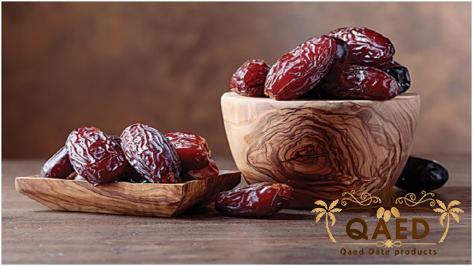 Their high carbohydrate content makes them an excellent choice for pre- or post-workout snacks, providing a quick source of energy to power through exercise and aid in muscle recovery. The natural sugars in Medjool dates are easily digested and provide a sustained release of energy, making them a healthier alternative to processed snacks or energy bars. Both jujube dates and Medjool dates are also rich in fiber, which plays a crucial role in digestive health and helps regulate bowel movements. Fiber promotes satiety and can help control appetite and blood sugar levels, making it an important nutrient for weight management and overall well-being. Incorporating dates into your diet can help support a healthy gut microbiome and prevent constipation, promoting optimal digestion and nutrient absorption. When it comes to selecting between jujube dates and Medjool dates, personal preference plays a key role in determining which fruit is the best fit for your needs. If you enjoy the crisp texture and tangy flavor of jujube dates, you may appreciate their versatility in both sweet and savory dishes. Jujube dates can add a refreshing twist to salads, smoothies, and desserts, bringing a burst of natural sweetness and nutrition to your meals. On the other hand, if you have a sweet tooth and prefer the decadent taste and soft texture of Medjool dates, you may find them to be the perfect natural sweetener for your favorite recipes. Medjool dates blend seamlessly into baked goods, sauces, and dressings, adding depth of flavor and moisture to dishes without the need for refined sugar or artificial additives. Their rich, caramel notes enhance the overall taste of dishes and can elevate simple recipes to gourmet status. In summary, jujube dates and Medjool dates offer a delightful array of flavors, textures, and health benefits that make them valuable additions to any pantry. Whether you choose to snack on jujube dates for a refreshing pick-me-up or indulge in Medjool dates for a decadent treat, both fruits provide a nutritious and delicious option for satisfying your cravings. Experiment with incorporating jujube dates and Medjool dates into your favorite dishes to discover the endless possibilities of these versatile dried fruits and enjoy the sweet rewards of nature’s bounty.
Their high carbohydrate content makes them an excellent choice for pre- or post-workout snacks, providing a quick source of energy to power through exercise and aid in muscle recovery. The natural sugars in Medjool dates are easily digested and provide a sustained release of energy, making them a healthier alternative to processed snacks or energy bars. Both jujube dates and Medjool dates are also rich in fiber, which plays a crucial role in digestive health and helps regulate bowel movements. Fiber promotes satiety and can help control appetite and blood sugar levels, making it an important nutrient for weight management and overall well-being. Incorporating dates into your diet can help support a healthy gut microbiome and prevent constipation, promoting optimal digestion and nutrient absorption. When it comes to selecting between jujube dates and Medjool dates, personal preference plays a key role in determining which fruit is the best fit for your needs. If you enjoy the crisp texture and tangy flavor of jujube dates, you may appreciate their versatility in both sweet and savory dishes. Jujube dates can add a refreshing twist to salads, smoothies, and desserts, bringing a burst of natural sweetness and nutrition to your meals. On the other hand, if you have a sweet tooth and prefer the decadent taste and soft texture of Medjool dates, you may find them to be the perfect natural sweetener for your favorite recipes. Medjool dates blend seamlessly into baked goods, sauces, and dressings, adding depth of flavor and moisture to dishes without the need for refined sugar or artificial additives. Their rich, caramel notes enhance the overall taste of dishes and can elevate simple recipes to gourmet status. In summary, jujube dates and Medjool dates offer a delightful array of flavors, textures, and health benefits that make them valuable additions to any pantry. Whether you choose to snack on jujube dates for a refreshing pick-me-up or indulge in Medjool dates for a decadent treat, both fruits provide a nutritious and delicious option for satisfying your cravings. Experiment with incorporating jujube dates and Medjool dates into your favorite dishes to discover the endless possibilities of these versatile dried fruits and enjoy the sweet rewards of nature’s bounty.

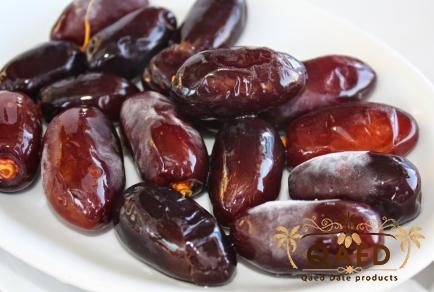
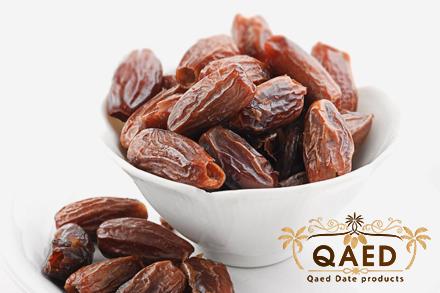
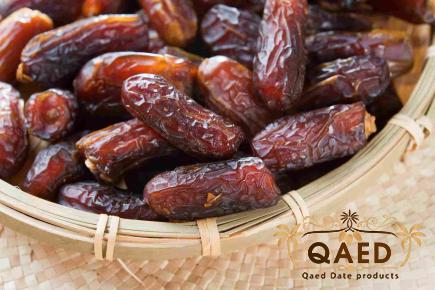
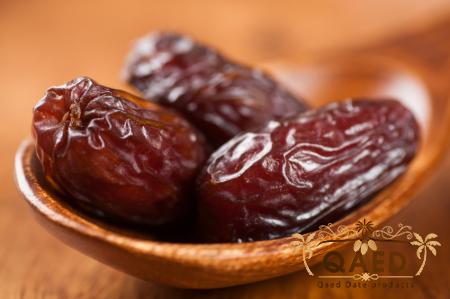
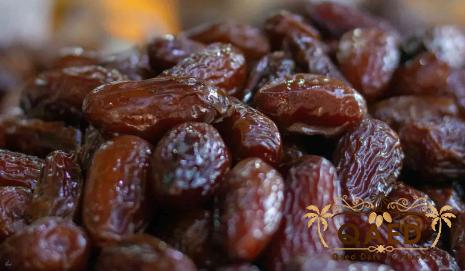
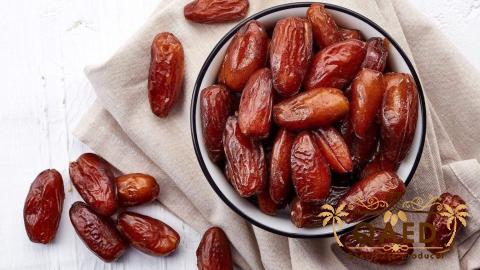

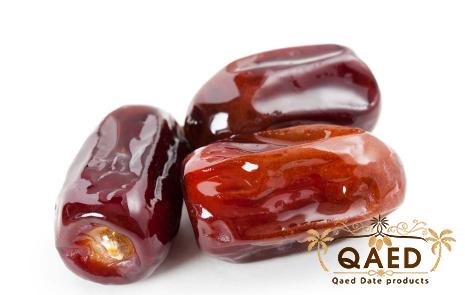
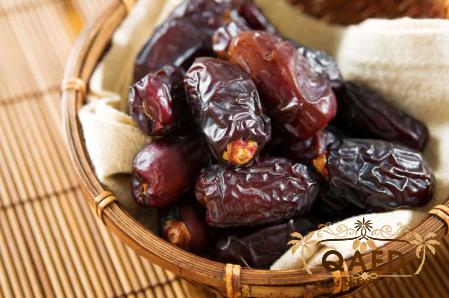
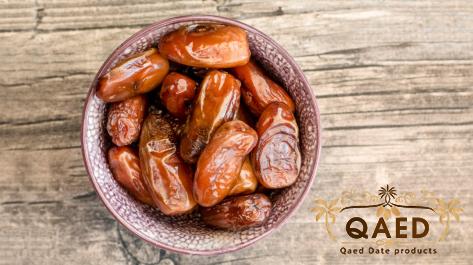
Your comment submitted.